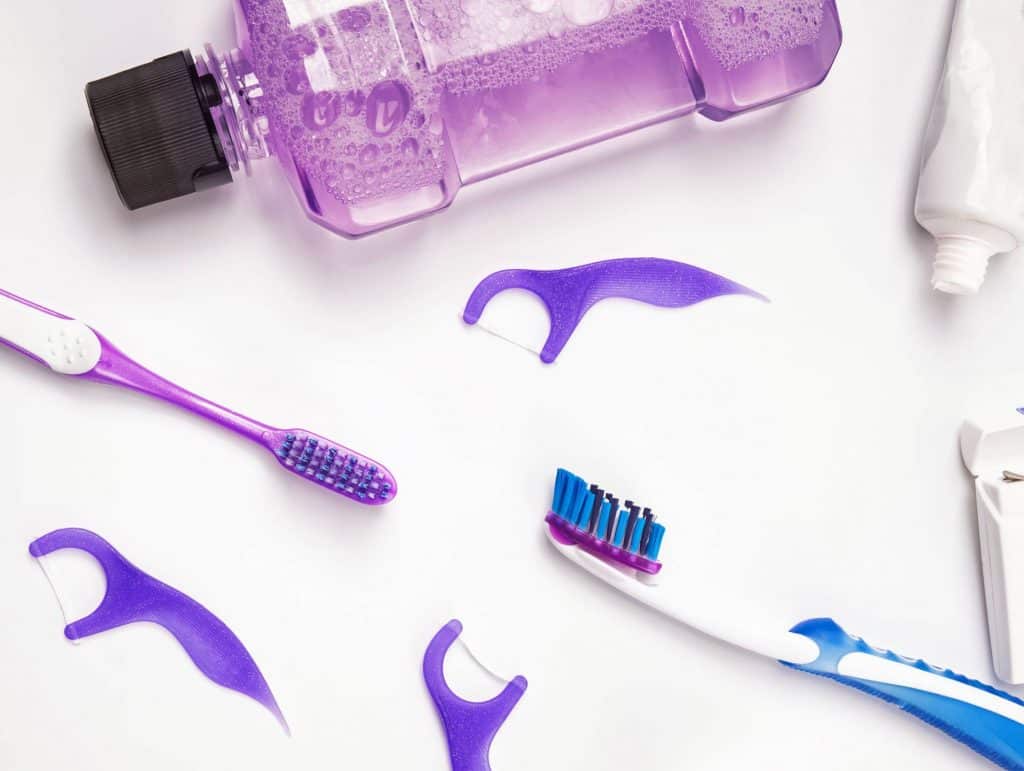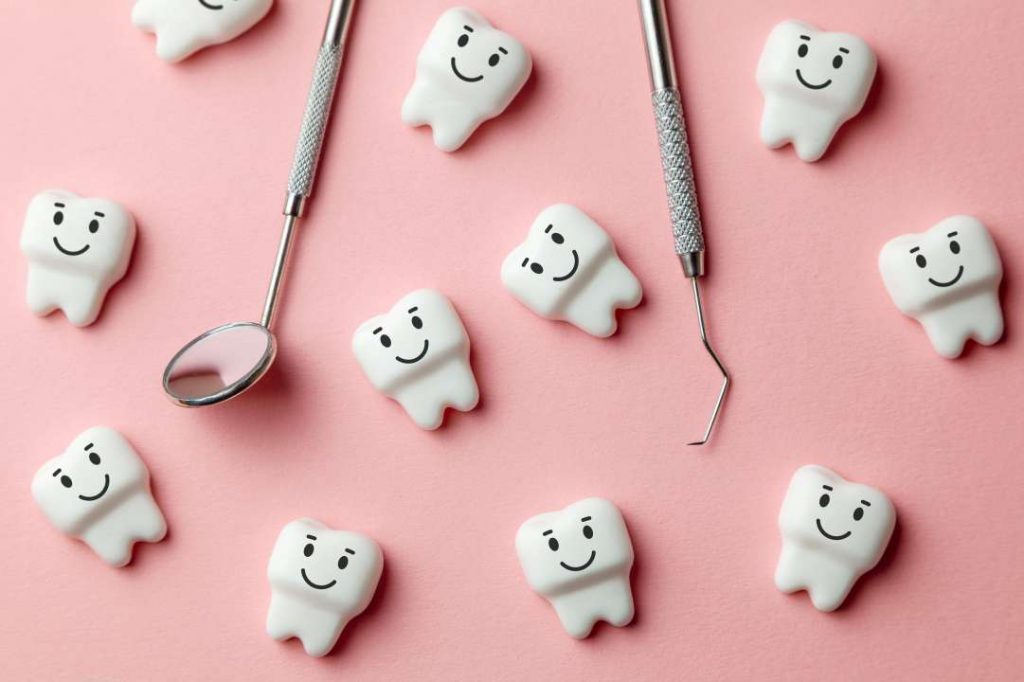To chew or not to chew? What you need to know about chewing gum and your teeth.
Any oral health services would be incomplete without a conversation about chewing gum. As your Saskatoon dental care specialists, we’re here to let you in on a little secret: not all chewing gum is made equal. You probably already know that chewing gum with sugar is no different than candy and consequently bad for your teeth. But, you might be surprised to hear that when it comes to your oral health, chewing gum is not all bad. To help you make the right choices for your teeth, this is what you should know about chewing gum.
More sugar than is healthy to consume.
Chewing gum containing sugar may increase your chances of developing a cavity. Tooth decay is accelerated when the bacteria in your mouth feed on the sugars you eat. These sugar-metabolizing bacteria grow and multiply, producing acids that are destructive to the tooth enamel and can eventually cause decay and cavities. When you chew gum that contains sugar, you are helping the bacteria that destroy the enamel and cause cavities, tooth decay, and gum disease.
Sugar free doesn’t mean it’s good for you or your teeth.
With a growing awareness of the damaging effects of sugar for oral health, many people are turning to popular sugar-free chewing gum, sweetened with sugar alternatives and artificial sweeteners, each with a new set of potential problems and health implications. Sugar free doesn’t mean it’s good for you—some of today’s popular sugar-free sweeteners in quantity may be problematic for your overall health and should be limited. The good news? They’re not all bad.
Xylitol is your friend.
Sugar-free gum sweetened with xylitol decreases the growth of cavity-causing oral bacteria. Xylitol is an alcohol derived from plant material. When xylitol is present in the mouth, the process of cavity formation is interrupted because oral bacteria cannot digest xylitol and become less able to survive on the surfaces of the teeth. With extended xylitol use over time, the community of bacteria in the mouth change, and decay-causing bacteria may be reduced. Some studies show xylitol can prevent or even reverse existing cavities.
Get the juices flowing to support your teeth.
It’s helpful to remember that the act of chewing sugar-free gum stimulates saliva production in the mouth, which has many benefits for oral health. Saliva not only neutralizes the acidic residues in your mouth but also washes away food debris and cavity-causing bacteria from around the teeth and gums. Antimicrobial agents in saliva fight bacteria and provide protection against gum disease and tooth decay. Calcium, phosphorus, fluoride, and other minerals in your saliva work to repair tooth enamel.
To chew or not to chew?
If you’re wondering whether chewing gum is helpful or harmful for your teeth, consider that it depends on the kind of gum you are chewing. While the act of chewing gum increases the flow of saliva through the mouth and protects against bacteria responsible for dental decay and gum disease, the benefits are negated when your chewing gum contains sugar. Gum with sugar may increase and accelerate damage to your teeth, while xylitol-sweetened chewing gum can improve your overall oral health.
For ongoing tips for your dental care, continue to follow our blog that is provided by dentists in Saskatoon who care about your oral health. Call Midtown Dental Clinic directly at (306) 652-8575. We’re located in the Midtown Plaza in downtown Saskatoon.




